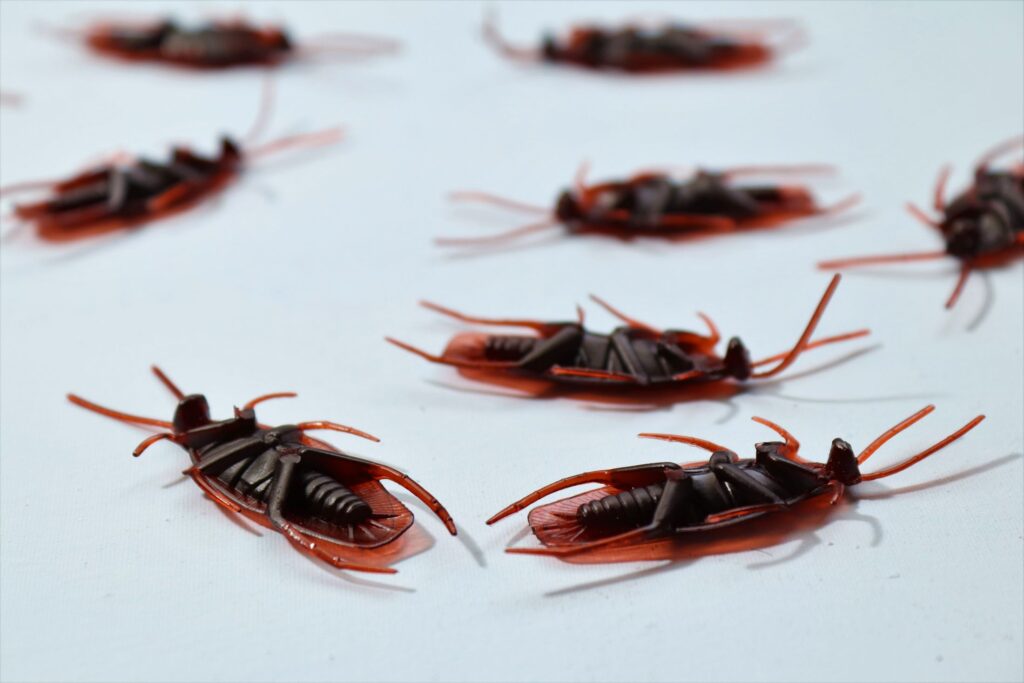Pesticides, you know the stuff that’s sprayed on crops and yards to kill weeds and deter insects, have contributed to our ability to grow more food. They’ve played a huge part in improving crop yields and making good-quality food more accessible, but you may be surprised to learn of the downsides to using pesticides.
Pesticides are designed to kill pests, so naturally they can have adverse effects on other plants and animals too. These chemicals are known to be toxic and as such pose a threat to wildlife, non-target plants, water, air, soil, and us! Overall, pesticides lead to large-scale environmental pollution that needs to be addressed quickly because the impacts can no longer be ignored.
Is there a way to avoid the negatives of pesticides?
Despite the contributions of pesticide use, it’s difficult to completely avoid the toxic consequences of these chemicals. About 2 million tons of pesticides are used globally, yet pesticide usage only continues to increase! Furthermore, about 85% of pesticides are used for agriculture which means unless we figure out other solutions to ensure food production, pesticides are the default.
Climate change is bringing about crop growth issues, increased pest numbers, and changing how diseases spread and thrive. Industrialization and climate change are leading to lower soil quality and desertification too which only exacerbates those problems. To compensate, pesticide use is only increasing. Pests can also build tolerance to pesticides, further leading to the ever-increasing need to use more pesticides. This cycle then becomes a negative feedback loop with foreseeably endless pesticide use.
Creating endless reliance on these toxic chemicals is just the tip of the iceberg. Once used, pesticides don’t just stay where you spray them. They can move throughout the environment! It doesn’t end there; pesticides can also degrade throughout the environment. When pesticides degrade, they create new chemical compounds that continually persist and transform in bodies of water and terrestrial areas for years!
Pesticides can be absorbed, leached, volatilized, carried by the air, or washed away. With increasing use, the chemicals used in pesticides will only continue to accumulate and pose more of a risk. There’s no way around it, pesticides are suffocating the planet.
Pesticides are straight-up toxic to living things.
These chemicals damage entire ecosystems, sometimes irreversibly. Pesticides bioaccumulate in the environment, meaning they stay in the soil, plants, air, and water and impose carcinogenic effects. The type of chemicals, however, determines what they will do in the environment and how negative of an effect they can have.
Organochlorine compounds, like DDT, are amazing at accumulating in tissues and persisting, causing long-term damage to anything that encounters it. The sale of these compounds has been largely banned but their residues remain in the environment for a long time due to the nature of those compounds. Organophosphate compounds don’t have the same high persistence, but they have higher acute toxicity for mammals, like us!
Pesticides accumulate in soil and are taken in by plant roots. Furthermore, aquatic ecosystems are loaded with many types of pesticide residues due to leaching spray drift and agricultural runoff. Spray drift, or the airborne movement of pesticide droplets after pesticide application, causes environmental pollution and food contamination. These chemicals have no trouble finding their way into the things we eat and, therefore, perpetuate toxicity throughout the food chain!
These chemicals are also likely to leach into groundwater and pollute drinking water and key ecosystems (like wetlands!). The USGS reportedly found several pesticides in more than 90% of water and fish samples collected from US streams! Access to clean water is a necessity, but the availability of this valuable resource is being threatened.
Once contaminated it’s extremely difficult to completely remove pesticide residue. There are set “safe limits” of pesticide exposure but these limits don’t account for the compounding effects of these chemicals. In people specifically, contact with pesticides can cause things like hormonal abnormalities, asthma, cancer, and fertility issues. These issues have deleterious overarching effects on the plants, animals, and people that rely on the affected resources.
We can't delay change, it's time for regenerative practices.
Pesticides are toxic to the environment, per their design. But to address the damaging effects of pesticides and ensure the sustainability of agriculture and the environment we must find alternatives. Current agriculture practices impose a heavy burden on the environment. However, pesticide and agricultural corporations should not be controlling the food supply and determining the risk factors the general public is subjected to!
Now all this is isn’t to ignore the nuance in the issue, but to be aware. I don’t want to fear monger non-organic produce and cause people to be scared enough to stop prioritizing fruits and vegetables. Eating whole foods will always be the best option when trying to lead a healthy and sustainable life! But we definitely need greater standards for food production and environmental health.
We need to set global environmental standards.
Moving away from mono-crops and towards more synergistic practices can help cut down on pesticide use while also maintaining crop yield. We can shift towards nonchemical methods of pest control like crop cycling, fostering native plants, and mulching. We can also shop locally and choose organic options whenever possible. It’s time for clean and sustainable practices to avoid forsaking our health, environmental health, or food production capabilities!

